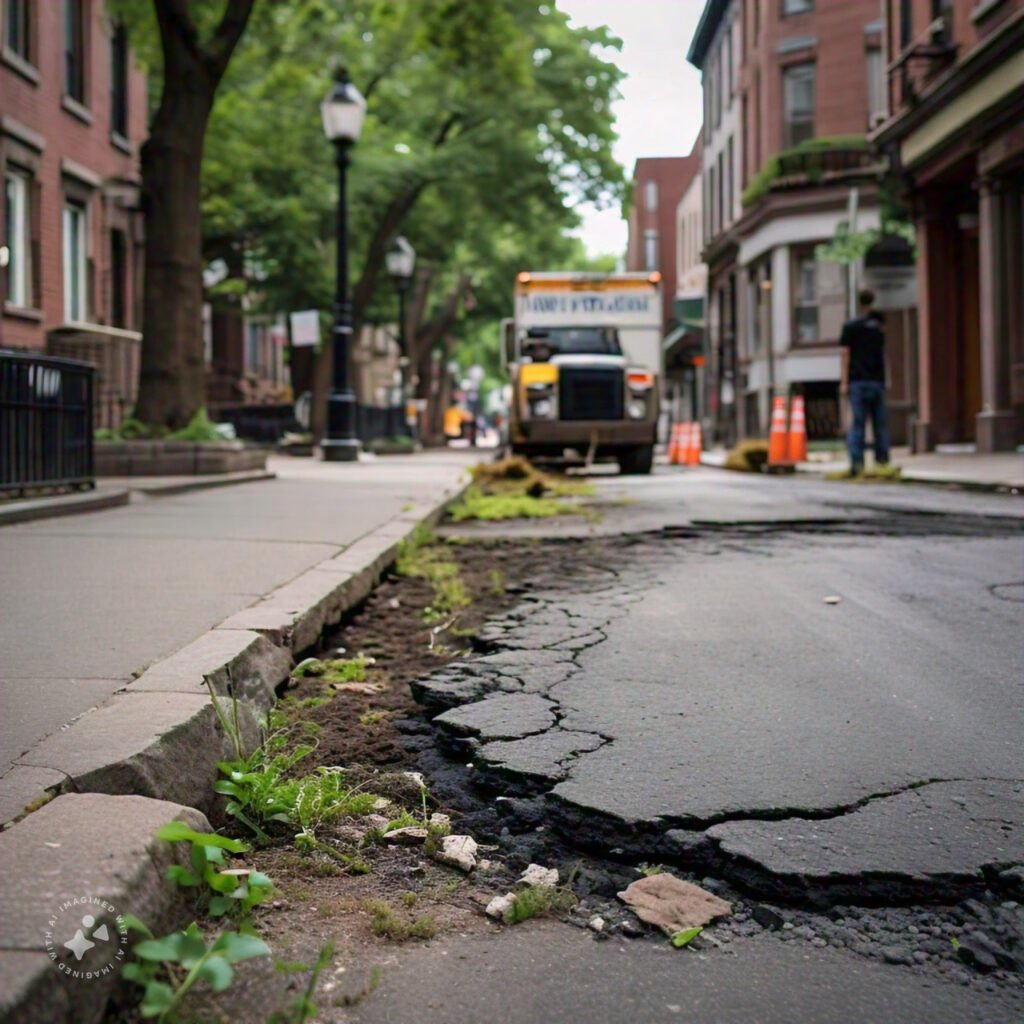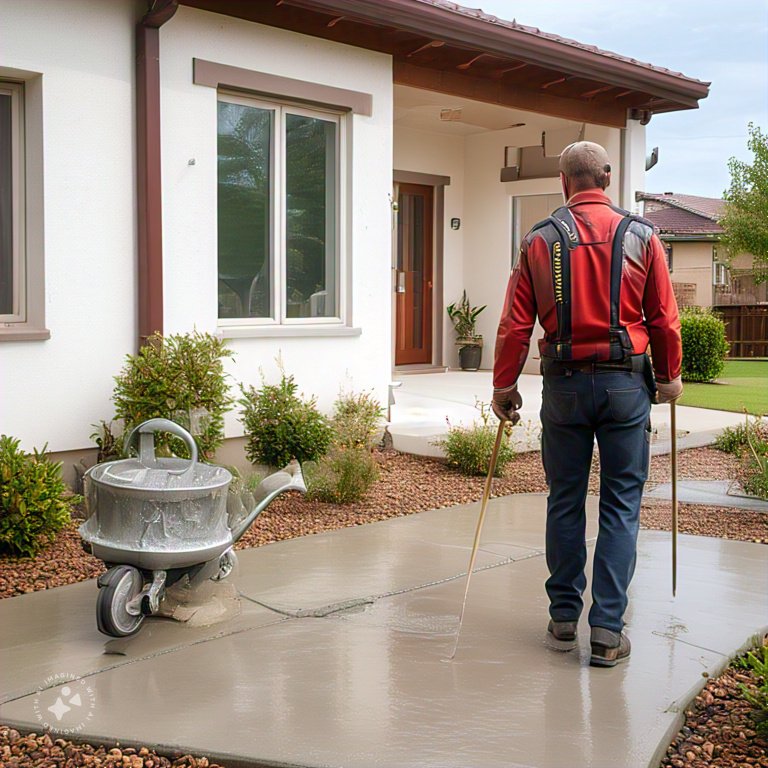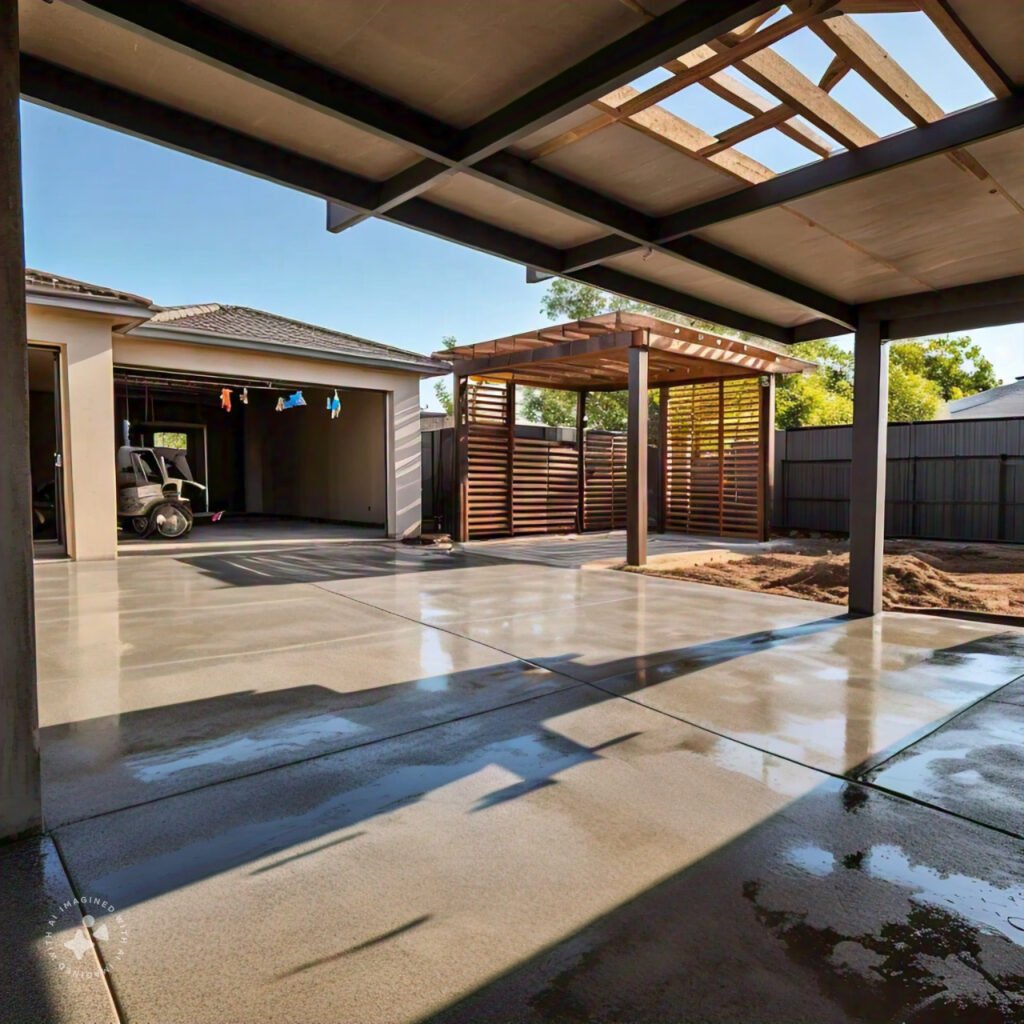Street Paving Mistakes
Street paving is a complex process that requires careful planning, precision, and attention to detail. However, even minor mistakes can lead to early road failure, costing millions in repairs and causing major disruptions. Whether you’re working on residential streets or large-scale highways, understanding and avoiding these common pitfalls can ensure the longevity and durability of your roads. In this article, we’ll explore the most frequent street paving mistakes and provide practical tips on how to avoid them.
Why it matters to Cross Construction Services
1. Improper Subgrade Preparation
The subgrade is the foundation of any road, and failing to properly prepare it can lead to serious structural issues. If the subgrade is not stabilized, the road will not have the necessary support to withstand heavy traffic loads, leading to cracks and potholes.
- How to Avoid It: Ensure that the subgrade is properly compacted and stabilized using mechanical or chemical methods. If the soil quality is poor, consider using geotextiles to provide additional support.
2. Inadequate Drainage
One of the most common causes of road failure is water infiltration. Poor drainage can cause water to accumulate beneath the pavement, leading to erosion, frost heaving, and eventual cracking.
- How to Avoid It: Design the road with adequate drainage systems, including sloping the road surface to direct water away and installing stormwater drains where necessary. Concrete valley gutters are another effective way to channel water away from the pavement.
3. Incorrect Joint Placement
For concrete pavements, expansion and contraction due to temperature changes can cause cracking. Expansion joints are placed to control where cracks will occur, but if they are not properly spaced, the pavement may crack unpredictably.
- How to Avoid It: Ensure that expansion joints are placed according to specifications, usually at intervals of about 15 feet for concrete pavements. For asphalt, use proper crack sealing to prevent moisture from seeping in.
4. Using the Wrong Paving Material
Different traffic loads and environmental conditions require different paving materials. Using the wrong type of asphalt or concrete mix can result in premature wear and tear.
- How to Avoid It: Assess the expected traffic load, climate conditions, and soil type before choosing the paving material. For high-traffic areas, consider using stronger concrete, while asphalt may be better for residential streets.
5. Lack of Proper Compaction
If the asphalt or concrete is not compacted correctly, it will not bond well with the subgrade, leading to cracks and surface deformation.
- How to Avoid It: Use high-quality compaction equipment and ensure that compaction is done at the right temperature for asphalt or during the curing process for concrete. Ensure that the compaction is consistent across the entire surface.
6. Frequently Asked Questions About Common Street Paving Mistakes
- How do I know if my subgrade is properly compacted? You can perform density tests to ensure that the subgrade meets the required compaction levels. Additionally, hiring an experienced contractor can help ensure that this critical step is not overlooked.
- Can poor drainage be fixed after the road is already paved? In some cases, drainage issues can be fixed by adding surface drains or regrading the road. However, in severe cases, the road may need to be repaved with proper drainage systems in place.
Concrete Solutions
Avoiding these common street paving mistakes can make the difference between a road that lasts for decades and one that requires frequent repairs. By focusing on proper subgrade preparation, adequate drainage, correct joint placement, material selection, and thorough compaction, you can ensure that your next paving project is a success. Proper planning and execution are key to building long-lasting, durable roads that can withstand traffic and environmental pressures.


